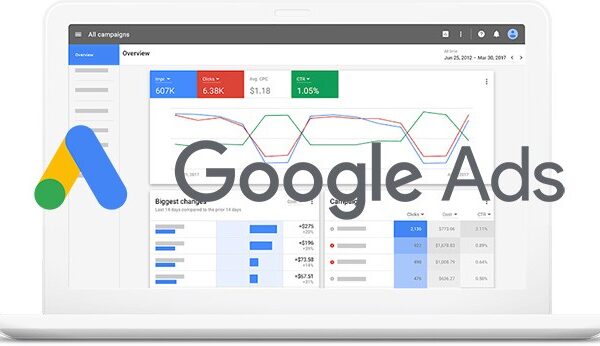Have you ever noticed when you visit a certain site a pop-up appears saying, “we use cookies to serve you better”? Then an option is given whether or not to accept the cookies. What are they really? Do they play a significant role in promoting a better user experience? Well, it actually does.
Cookie-based measurements are utilised by digital marketers to level up their online market share. Third-party cookies are now gradually becoming obsolete, while, first-party cookies are growing.
Google, Facebook, Amazon, and Apple by far, have the biggest first-party data on a global scale. These big four are reliant on subscriptions and purchases that aided in the drastic increase of their market shares. Google, Facebook, Amazon, and Apple implement the most robust advertising technology that poses a challenge to small-time advertisers who does not have third-party cookies.
The Internet Without Third-Party Cookies
 The announcement of completely removing third-party cookies from the internet resulted in giant browsers following the change. One of the first to remove their cookies is Safari in 2017, followed by Firefox in 2019. Google Chrome, however, is still using cookies but planning to step away from it in 2021.
The announcement of completely removing third-party cookies from the internet resulted in giant browsers following the change. One of the first to remove their cookies is Safari in 2017, followed by Firefox in 2019. Google Chrome, however, is still using cookies but planning to step away from it in 2021.
The dramatic alteration of the digital world sparks advertisers to go in a fast-paced motion. Modification and alteration are already a part of their marketing efforts. With transparency and certainty marking the status quo of the digital world, reliable measurement, optimising online data and evaluating consumer behaviour becomes easy and accurate.
Nowadays, structured advertising is becoming an essential tactic in promoting a brand, website, or product. At the same time, many of the digital measurement tactics are very reliant on cookies for effective customer targeting and measuring. Despite how inherently unstable cookies are, they still contain the backbone of digital calculation.
The Limitations of Cookie-Based Calculations
A significant decrease in Return On Ad Spend (ROAS) if the e-Commerce store is reliant on cookies that project a concrete example of cookie-based limitations. There is a level of how much cookie-reliance a website should implement. Solely giving much value to cookie-based measurement can lead to a loss in resources. Thus, constantly altering marketing schemes, digital structure, and technological advancements will help the brand or a website gain a better view of its consumers.
What is Cookie Rejection?
Cookie rejection is an occurrence when web browsers block or reject cookies placed on a website or completely deleting it after exploring the site. Such actions are driven by the customer’s awareness regarding privacy concerns and activity tracking. Thus, the rise of conscious consumers made an impact on digital marketing. However, cookies do help improve user experience and interaction on the website, if, and only if, they work seamlessly.
How Cookie Rejection Impact Advertisers?
Wasted Resources
When you reject a cookie, lead reports go directly to waste. The effort and money spent on creating an ad that can’t e en reach the consumer is automatically a loss in lead generation.
Wasted Sales Opportunity
Rejecting cookies mean you will not be able to go through their ad channel. Thus, the brand will fail to convert their advertisement tactics into possible prospects that leads to sales conversion.
Blind Expenditure
Cookie rejection, as was mentioned, will impact sales conversions. If the user rejects your cookies, targeting and measuring will be limited that will eventually lead to smart-guessing without having concrete data as a basis.
Formulating A New Digital Marketing Scheme

With that said, it is crucial for advertisers to opt for alternatives. There are many ways to effectively covert your marketing efforts into sales. Having an innovative team and open-minded vision will maintain your standing in the market, or even dominate it. Thus, here are some alternatives:
Promote Creativity
A creative team is one of the aspects that can separate your brand from others. Striking visuals and messages are effective tools in catching your target market’s attention. Hence, create a brand identity unmatched to any other brand of the same industry – (Latch Design could be a good example). Go out of the box and design a marketing scheme that will not only engage consumers but also encourage them to take action.
Cookieless Tracking
There are alternatives that do not involve cookies. There are several companies that offer cookieless options in your advertising schemes.
First-Party Data,
Growing your own audience by implementing a new digital culture will help stabilise your market share. Customers nowadays appreciate personalised online experiences. Thus, increase your subscribers, followers, and visitors to keep up with the trend.
Cookie rejection influences the gains of the brand online. The more rejected cookie, then the more loss the company will have to shoulder. However, in this ever-changing world, cookies will soon be out of the picture. Thus, gradually alter your digital marketing strategies and opt for new and more advanced tactics.








